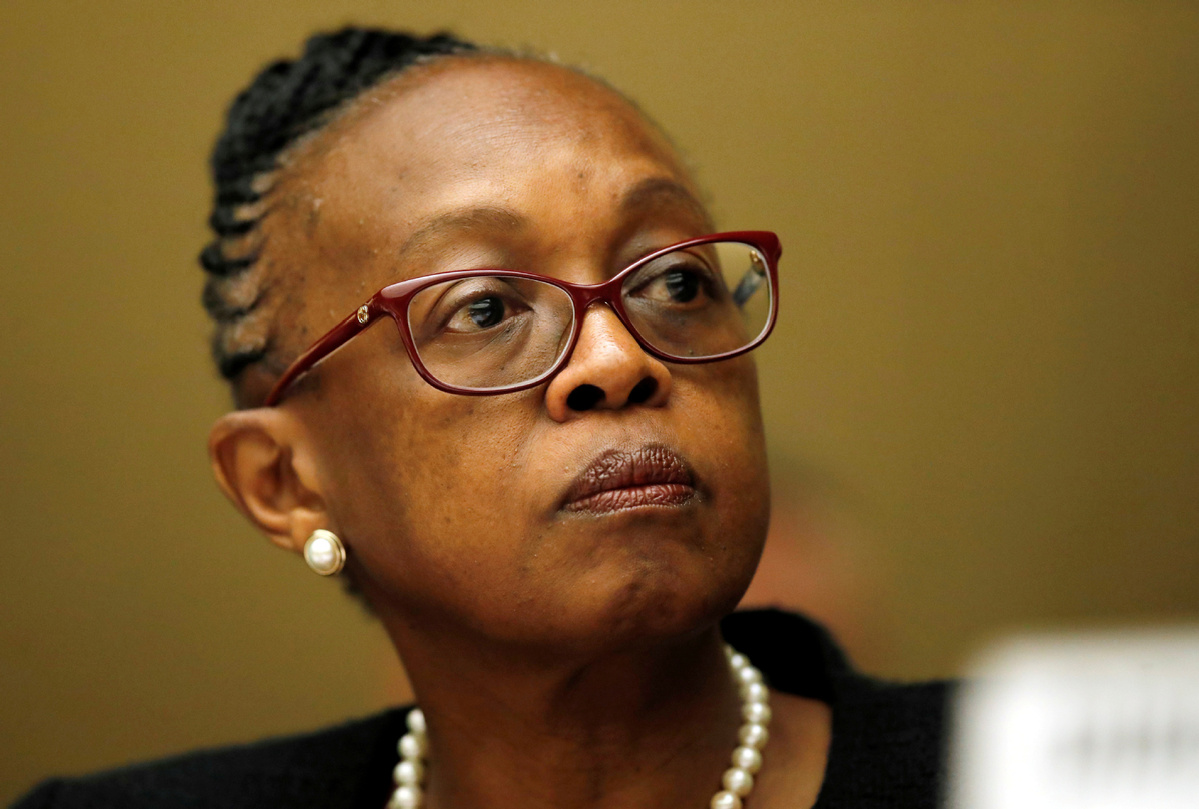African innovators develop solutions to curb virus


African innovators in partnership with the World Health Organization are developing solutions to help curb the spread of the coronavirus that has so far infected 98,829 and killed 3,031 in the continent.
On May 20, the WHO Regional Office for Africa hosted the first in a series of virtual sessions for innovators across the region to showcase homegrown creative solutions aimed at addressing critical gaps in the response to the coronavirus.
Eight innovators from Ghana, South Africa, Nigeria, Guinea and Kenya presented their pioneering solutions, all of which have already been implemented in their respective countries, with significant potential to be scaled up further across the region.
The innovations ranged from interactive public transport contact tracing apps and dynamic data analytics systems to rapid diagnostic testing kits, mobile testing booths and low-cost critical care beds.
"Innovation propels human advancement. In times like this when we are confronted with a major public health emergency such as the coronavirus pandemic, we know that our hope for a better tomorrow lies in finding creative, groundbreaking or avant-garde solutions," said Dr Matshidiso Moeti, the Africa regional director for the WHO.
"That is why supporting innovation is a critical component not only in our collective efforts to combat diseases in Africa, but also to provide adapted solutions to ensure better health for all."
The inaugural virtual innovation showcase put out a public call for submissions to the extensive network of WHO African innovators. In addition to those presenting, about 350 innovators and other interested parties joined the session, with many participating in a lively question and answer session.
"There is already an overwhelming demand from other innovators who wish to be part of this event going forward. There is a wealth of innovation talent in Africa and sustaining this kind of platform should be part of our DNA as an organization," Dr Moredreck Chibi, the WHO regional innovation advisor who facilitated the event, said.
The virtual innovation sessions also aim to build on the WHO's inaugural "Hackathon", hosted in April, which tasked small groups of participants with developing scalable concepts aligned with one of the eight pillars of the UN agency's current coronavirus response strategy.
The strategy involves coordination, surveillance, risk communication and community engagement, points of entry, laboratory, infection prevention and control, case management and continuity of essential health services, and operational and logistics support.
The three highest-ranking groups were awarded seed funding to begin implementing their innovations. The WHO will look to provide further operational support to some of the best innovations highlighted in the virtual sessions.
The agency said understanding how the pandemic will continue to evolve in Africa is still a work in progress, and the response is constantly being adapted to the African context.
"Solidarity and the exchange of knowledge, ideas and resources across the region remains an integral part of this process. WHO aims to continue integrating African innovators into the regional response strategy," it said.

































